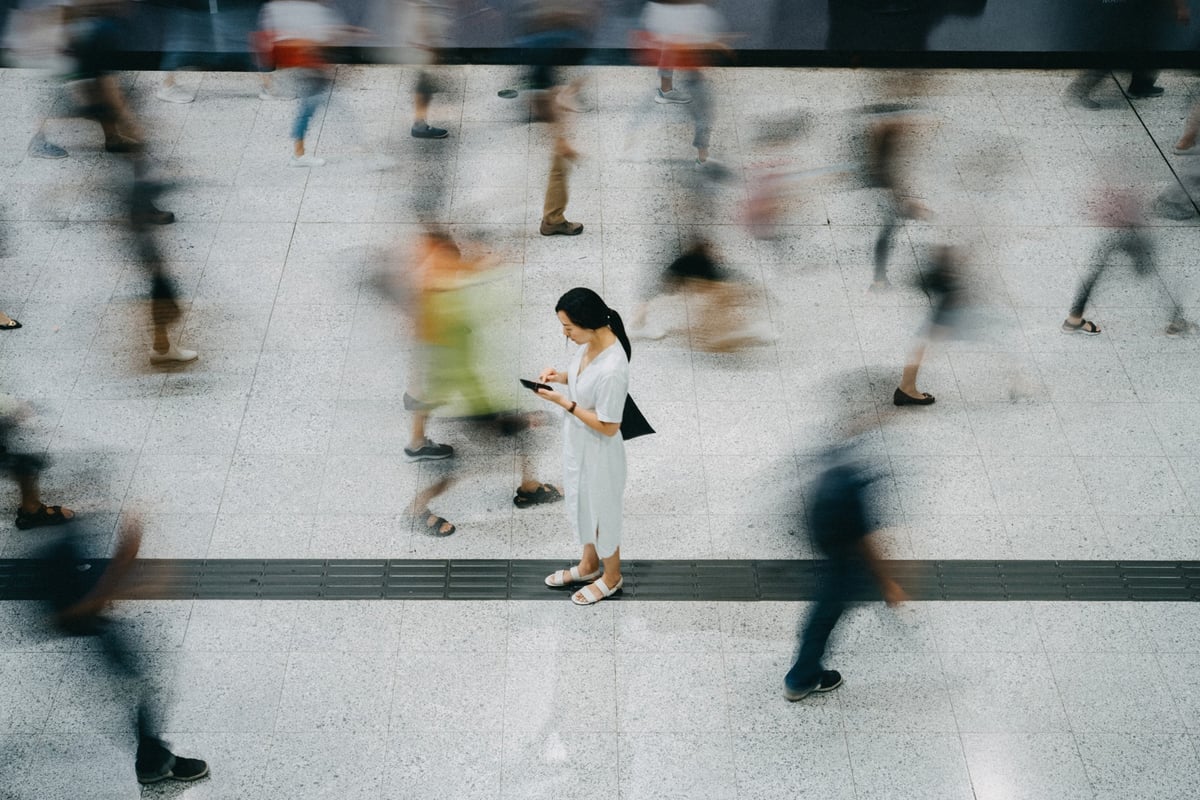
If you want to support independent women's media, become a Mamamia subscriber. Get an all-access pass to everything we make, including exclusive podcasts, articles, videos and our exercise app, MOVE.
Wish you could just hit the pause button on life for a minute to catch your breath? There's a name for that.
On a recent overseas trip, my five-year-old's fear of flying got the better of her.
After trying to run back up the footbridge past security, using every last bargaining chip in her tiny arsenal ("I'll have a consequence — any consequence!") and finally, being carried onto the plane kicking and screaming in every parent (and fellow passenger's) worst nightmare, she sat clinging to me in her seat, begging to speak to the pilot so she could make sure the plane didn't take off until she was ready.
"Please not yet," she repeated, over and over again, cracking my heart into a million pieces. "Please, I'm not ready, please don't let them take off yet."
Watch: BIZ: Burnout and the micro-retirement trend. Post continues below.




























































































